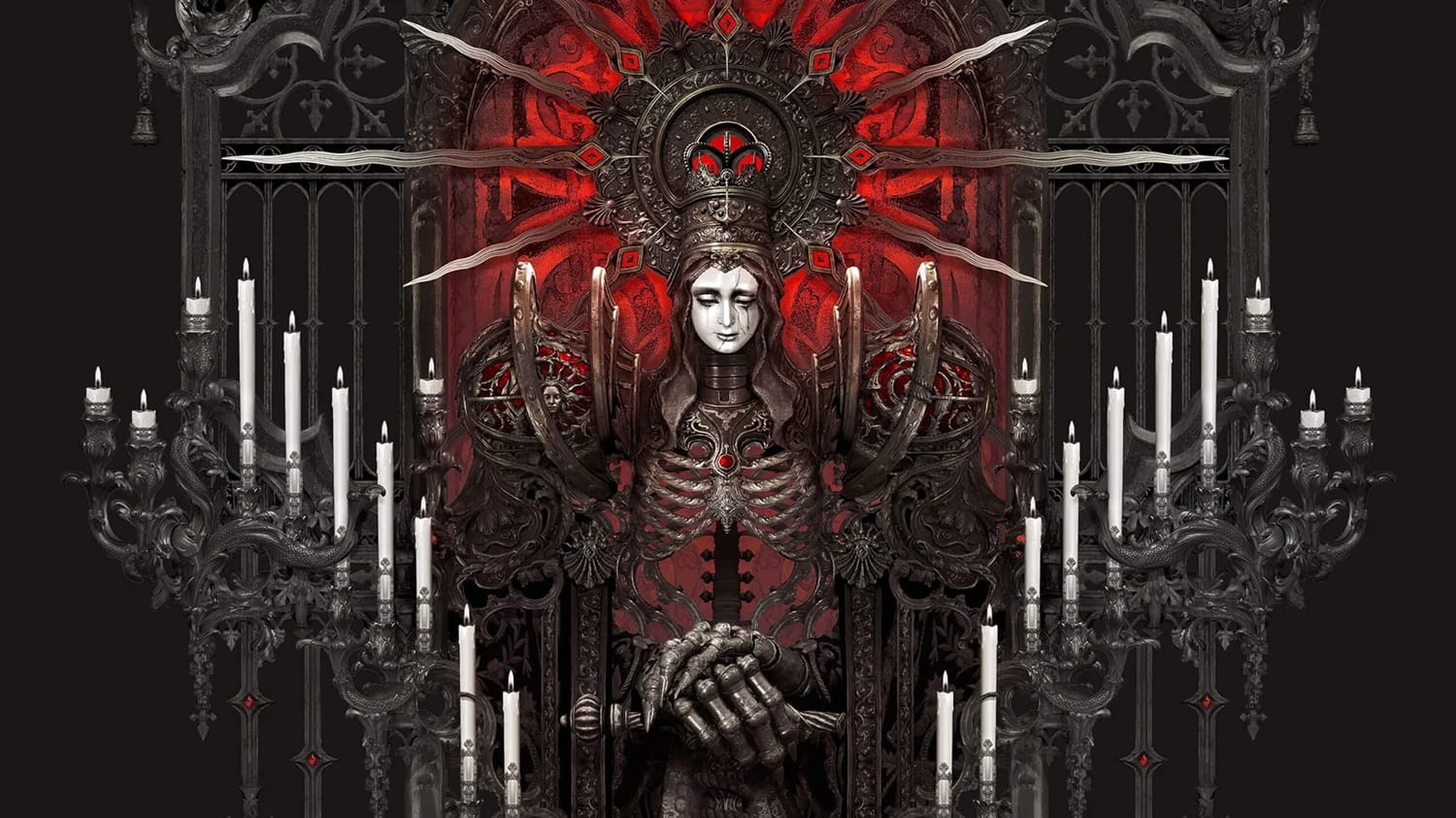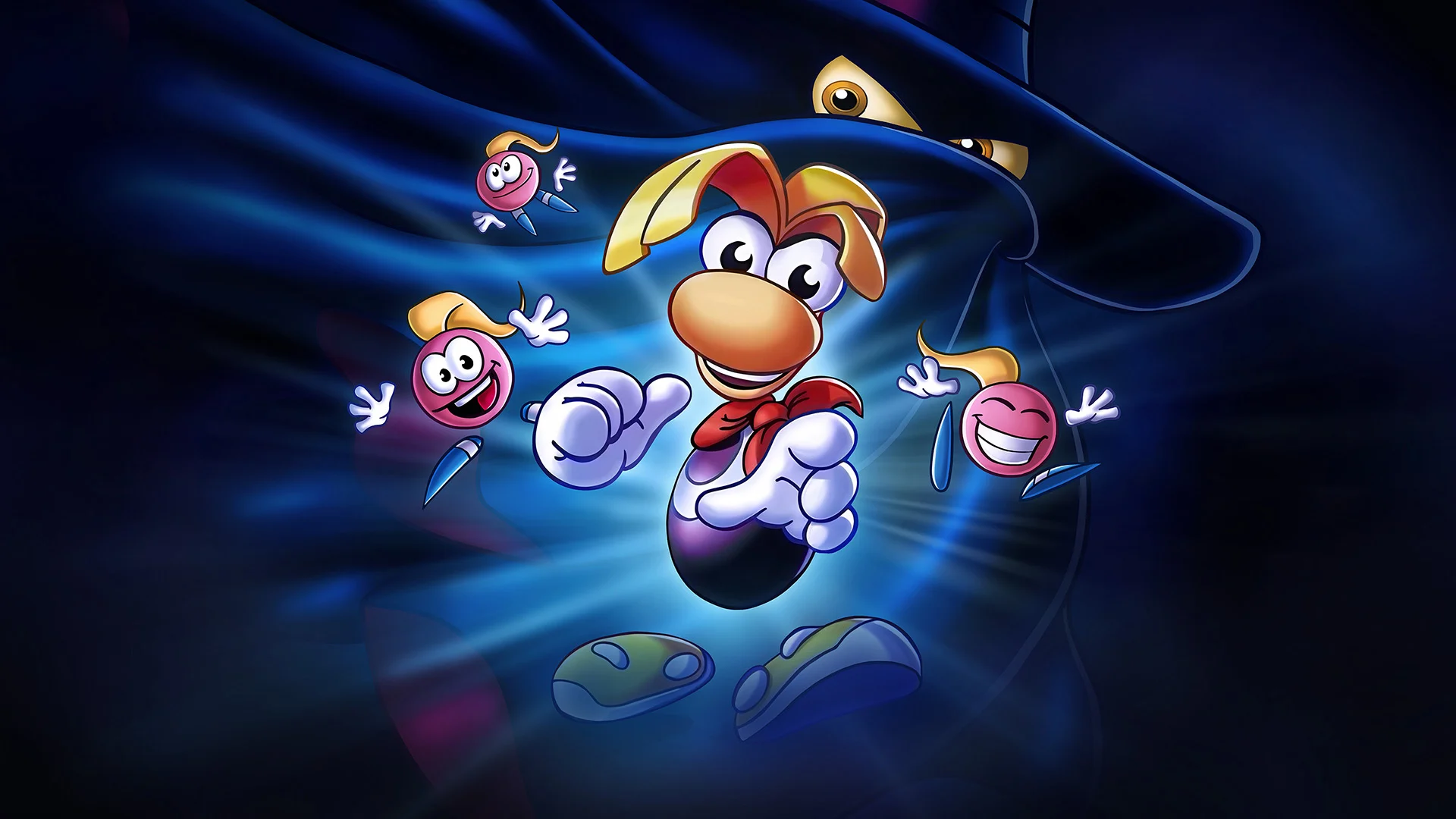The path for humanity into the future is looking increasingly uncertain in 2017. Numerous events, from the financial crisis, the rise of automation, global warming to the election of a certain so-called President, brought about a strong sense that the world is not heading in a great direction. Neofeud takes this bad path to one potentially terrifying extreme. It imagines a world where the development of artificial intelligence and increasing automation does not result in a post-scarcity economy and the establishment of fully-automated luxury communism. Instead, AIs, augmented people and robot-human hybrids become a new underclass destined for menial work, exploited to an even greater extent by the richest 1%. The elite have become so unimaginably wealthy they are literally able to construct castles in the sky, lording it over the huddled masses below. Quite pointedly, the world has regressed back to a “neofeudal” system, where indentured citizens work for minimum remuneration in the service of the landed gentry. It is into this fractured world that we are dropped in Neofeud, a new adventure game from Silver Spook Games.

The general plot of Neofeud concerns Karl Carbon, an ex-cop turned social worker in the Coastlandia City Department of Sentient Services. Carbon is very much in the mould of a traditional cyberpunk protagonist with personality traits overlapping the likes of Rick Deckard and JC Denton, having elements of a troubled and tragic past. In the world of Neofeud, society has become stratified to such an extent that robots and other lifeforms deemed not to have full “sentience” are treated as third class citizens. AIs are not simply locked into their programming in Neofeud; they think and feel just like humans. Carbon helps to administrate the bureaucratic nightmare of what is left of a social security system for the average citizen, and gets drawn into a tangled conspiracy involving a cybernetic street gang, mega-corporations and the neofeudal royal family.
The game is a fairly lengthy and twisted tale, with plenty to see along the way. Generally speaking, the writing can at times be a little scattergun. Sometimes it feels appropriate, even witty and occasionally rather funny. At other times, it becomes painfully “street”, with lots of faux slang and other in-universe lingo thrown in which feels rather forced. The voice acting however generally manages to bring everything together though, with a good cast of varied personalities. Overall the plot of Neofeud is solid, with several parallels made to our present situation in real life. I didn’t feel particularly invested in the individual characters, but the details of the world and how everything fit together kept me involved.

The gameplay is very traditional adventure game, in a style reminiscent of the Wadjet Eye games like Gemini Rue or Technobabylon. Using a command bar at the top of the screen you can control Carbon as you look around environments, talk to characters, examine objects and solve some puzzles. Thankfully, the oft-bemoaned “adventure game logic” is absent here for the most part. Most puzzles make internal logical sense for the game, and if you do mess up and Karl Carbon bites the dust (sometimes in quite amusing ways), the game resets you to just before you made your fatal error. However, some of the puzzles are hampered by a very clunky interface, requiring you to click a specific part of the screen or time it correctly, which are a little frustrating.
The art style is, for want of a better word, memorable, although perhaps not entirely in a good way. It seems the developer has personally drawn all of the environments, characters and scenes himself and then added animated elements afterwards. Due to this, everything you look at throughout has this very homemade, rough-and-ready feel which I felt somewhat undercuts the vibe the game is going for. I personally did not appreciate this hand drawn style particularly, although I must recognize the considerable effort that went into drawing every scene as well as creating custom artwork for every situation.

One thing I cannot criticize Neofeud at all for is the music. The soundtrack is a perfect invocation of Blade Runner-era Vangelis mixed with some other electronic experimentation, and very appropriately conveys the right atmosphere. From the dial-up modem tune that plays when exploring a rundown neighbourhood to the twinkling tones aboard Princess Sybil’s timeship, it’s really quite splendid. On the technical front, the game has a couple of relatively minor issues. The resolution is deliberately locked to 1366×768 and runs in a window by default, meaning there is no changing to another other resolutions. I tried changing to a fullscreen view using the inbuilt launcher, but every time I tried the game completely locked up.
I will admit Neofeud didn’t give off the best first impression, but I significantly warmed to it as time went on. A great deal of heart clearly went into this game, from the writing, to the characters and all of the hand drawn art. Mechanically as an adventure game it is relatively by the numbers, but the inventive setting, excellent music and unique aesthetic allow it to rise above the ranks of mediocrity. Neofeud shows a great deal of promise, and while it doesn’t completely come together, it is a valiant effort.




